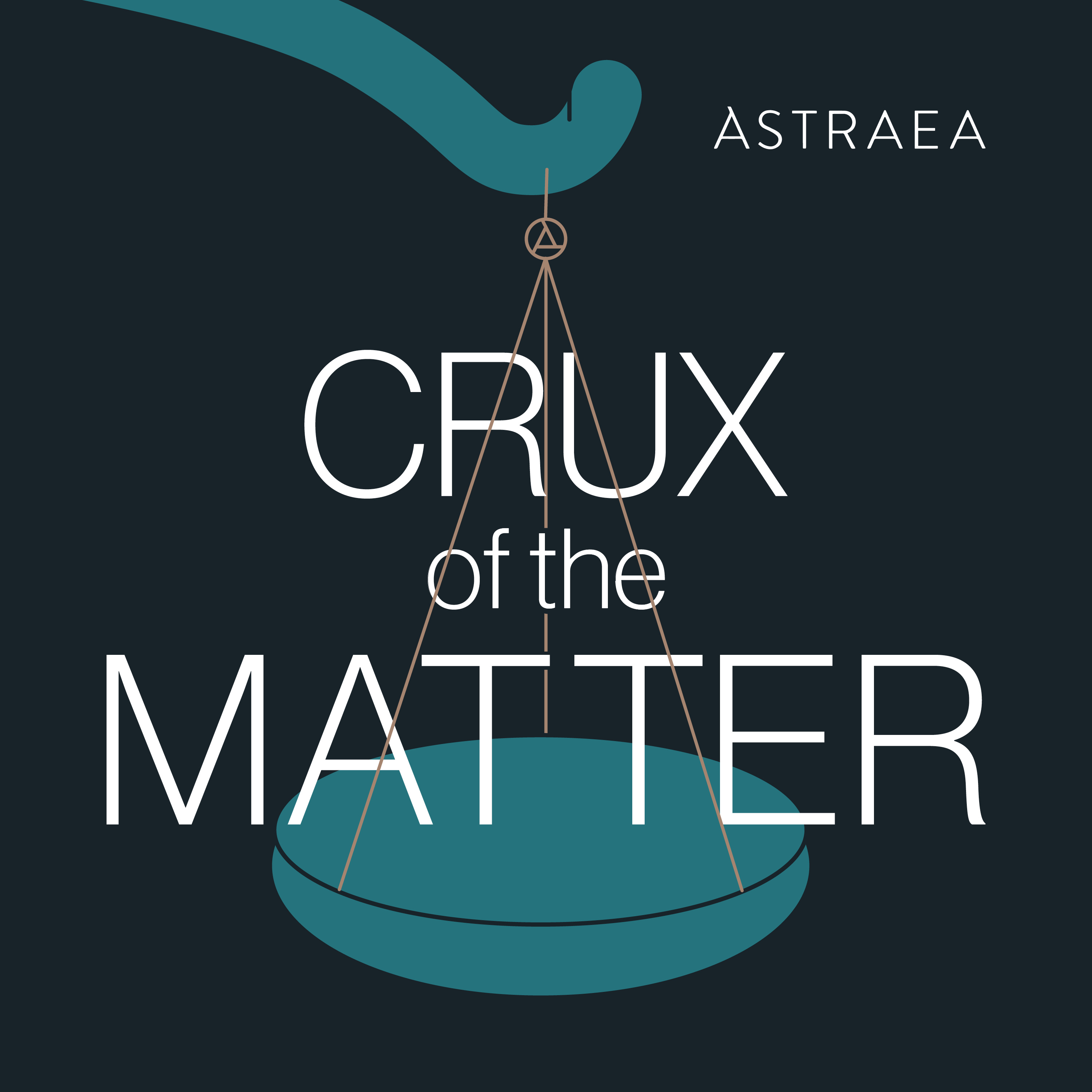Considering recent corporate scandals, the heightened scrutiny of the conduct of corporates and an increase in regulatory and compliance requirements, the need for internal investigations has never been greater.
The nature of an internal investigation can vary enormously – anything from a sexual harassment claim to an allegation of fraud or corruption, which makes a ‘one size fits all’ approach to these investigations very difficult.
So how does a company decide on the best form for an internal investigation to take? In some circumstances, it may be appropriate for the matter to be investigated by an in-house team, with for example, the General Counsel, Head of Internal Audit or the HR Director taking the lead. But for other matters, particularly if they are more serious allegations, potentially involving senior management or the Board, an investigation conducted by a third party is likely to be most appropriate.
Apart from the seriousness of the allegation or issue being investigated, there are several factors which need to be considered by an organisation in deciding how best to handle an internal investigation. These may include statutory or regulatory obligations, potential implications of the outcome of such an investigation and whether other third parties may need to get involved, for example, law enforcement agencies. But one of the first factors to consider at the outset is legal privilege.
It is important for an organisation to be aware that the steps taken in and the outcome of such an investigation may need to be disclosed to external parties, for example in the context of a regulatory enquiry or litigation. Where, as is often the case, confidentiality is a priority, it will generally be advantageous for the investigation to be carried out by a lawyer, who’s instructions and report may be privileged against production in external proceedings. Privilege is not guaranteed by a lawyer-led investigation (and the scope and nature of the process should be considered carefully at the outset), but the odds of maintaining confidentiality are greatly increased compared to other options, such as accountants, HR or other consultancies. Lawyers may well work as a team with experts in other fields, but it’s the lawyer’s involvement that attracts privilege in advice. This doesn’t necessarily need to be an external lawyer – it could be an in-house lawyer. However, the reality is that most in-house lawyers have busy day jobs, and the time-consuming nature of running an internal investigation may preclude this as a viable option. Most in-house lawyers are also unlikely to have built up the experience and skillset of external lawyers who specialise in this area.
Given the above, it is unsurprising that many corporates engage external law firms or barristers to lead substantial internal investigations. Apart from the benefits outlined above, a report from a law firm or barrister provides considerable credibility to the process and ensures that it is as independent, objective and as fair as a it can be. This can provide significant benefit in subsequent discussions with, for example, external regulators.
At Astraea Group, we are regularly appointed by companies (and sometimes individuals) to carry out internal investigations, either proactively or in response to approaches from regulators or prosecutors. We investigate issues that might have criminal, regulatory or civil repercussions. This can involve suspicion of bribery, fraud, cartel activity, sanctions or money laundering breaches, or inappropriate personal relationships.
Our in-house team includes leading commercial silk, James Ramsden QC, experienced solicitors and chartered accountancy and tax expertise, which can provide invaluable input into the financial element of an internal investigation. As part of our full-service investigations offering, we also work alongside experienced business intelligence and eDiscovery analysts to ensure vital evidence is identified and preserved.
Our experience of acting for regulators and prosecuting bodies means we are ideally placed to advise on whether a report to the relevant authorities is required. Where this might lead to an external investigation, we work with our clients to reach the right resolution.
The information provided in this article is of a general nature and does not constitute, nor should be relied on, as legal or professional advice.












